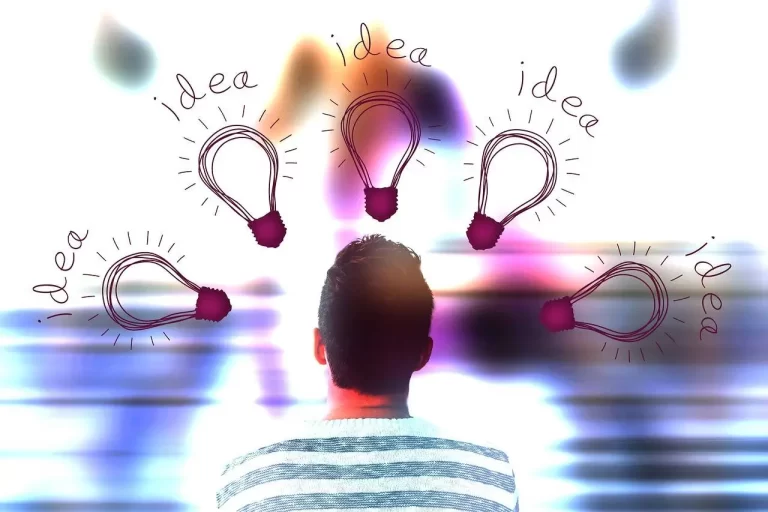Rational thinking has recently been a required component of basic education. Here’s how you may assist your youngster in developing reasoning skills.
Introduction
In our everyday routines, we all need critical reasoning skills. These critical abilities help us make better judgments, comprehend the consequences of our actions, and solve problems. No matter if we are devising a plan on how to sell online courses or just analysing how to make tofu, your reasoning skills are essential in every sphere. So, what does critical reasoning or cognition entail? Simply said, rationality is the process of improving personality and concentrating on problem solving and achieving objectives. It’s a concept that includes creating viewpoints, establishing links, and articulating ideas, among other critical life skills. For today’s newer generations, learning to think logically has become a necessary life skill.The cornerstone for fostering critical reasoning is a child’s innate intellectual curiosity.
Many guardians believe that critical thinking is only useful in science and mathematics. It’s past time to refute this misconception and inform you that critical thinking is applicable to all subjects and aspects of life. Simply put, children must learn how to examine, compare, contrast, and draw insights from data. This will enable them to cope with a variety of problems in a rational and objective manner.
Ways to Improve Your Critical Reasoning
Developing critical reasoning skills is way less easy than understanding how to create an online course. To make it more clear, we have a few suggestions for encouraging student’s analytical reasoning and sharpening their problem-solving abilities.
1.Ask indefinite questions — Asking open-ended or rhetorical questions is a fantastic technique to help students develop critical thinking skills. It allows students to think quickly, solve issues, and communicate themselves clearly. So, the next time your child encounters an issue, make absolutely sure you have a good ‘who, when, what, where and how’ framework ready for him or her to work with.
- Choose groups – Children enjoy working in groups. It increases their self-assurance and broadens their horizons. Children’s critical reasoning skills can also be improved through group sessions and assignments. Collaborative learning allows kids to investigate their classmates’ mental processes. It also improves their critical thinking skills and shows them that there is no one-size-fits-all approach to problem-solving.
- Encourage people to make decisions – The development of a child’s decision-making skills should be a priority for both parents and teachers.Assist the child in weighing the benefits and drawbacks of several possibilities, using key concepts, and selecting the most viable option on his or her own.This practise will also give students confidence in their ability to handle complex problems on their own.
4.Inspire creativity – According to experts, creativity is essential for children to master reasoning abilities. Teachers and parents should look for fresh and imaginative ways to use existing data to build something new. When it comes to diagrams, flowcharts, bar charts, and storytelling, there is absolutely no limit to it. Allow youthful minds to come up with new ways to present and explain things.
- Participate in brainstorm sessions – Brainstorming is a revolutionary technique for improving analytical reasoning in young children. It’s a group creativity technique in which everyone contributes their thoughts and opinions.However, in order to enable a free and unrestrained flow of ideas, it is crucial to build a judgement-free zone. Other criteria for organising a brainstorming session include concept mapping, balancing pros and drawbacks, and asking “what ifs.”
- Interventions should be avoided – Interfering with their mental process might be detrimental. As a result, experts advise that students present their ideas first. If you have any questions, you should wait until a student has finished presenting his or her thoughts before asking them.
Teach students how to come up with a solution – Every rational thinking exercise has one goal in mind: to arrive at a workable answer. The steps to critically evaluate an issue and develop a solution are as follows:
- State the problem.
- Make a strategy to research the issue.
- Gather and arrange data that is already available.
- Translate and apply the information
- Consider the ramifications and alternative viable options.
- Come up with the answer
- Encourage them to be original – Every youngster is unique and thinks in a different way. Furthermore, every mentor should push pupils to keep their uniqueness when answering critical reasoning challenges. Without hesitancy, students should be capable of coming up with their own version of events, thoughts, and justifications. Any kid who manages to win this has a better chance of improving their critical thinking abilities in the future.

